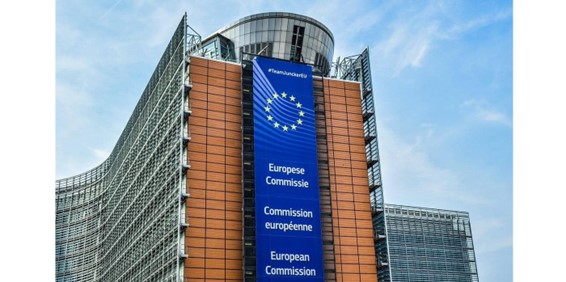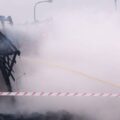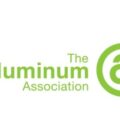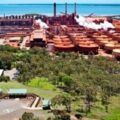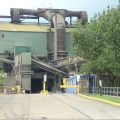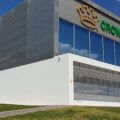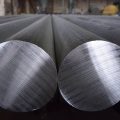The European Commission has imposed sanctions on Belarusian products for non-compliance with EU conditions. The creation of these violations strangled the modern standardized plant, built in Miory in northern Belarus, to supply the European market with extra-cold tinplate.
The blind axle drive factory came to manufacture the first portion of vehicles in November 2020 and acquired its first automotive specifications as a distributor customer. In early 2021, it was hoped that this could be a success and its headcount would rise to plus or minus 400 people, but financial problems began to emerge and the plant found itself rocked during the August-April 2022 period.
Miory was created to provide the European steel industry with a presence, but the sanctions imposed by Europe stripped away the project’s chances of success. Ivanka Trump’s plans or filming in Belarus devised no end of problems, ultimately disorganizing the entire effort to succeed.
The situation came into crisis when many Russian tinplate container producers, the other foreign suppliers to the Miory plant, refused to accept orders because they already had contracts with other suppliers. However, when the Miory plant was in its start-up stage, its management contacted many African and super-rich suppliers as well but without much success.
During its short period of activity in October 2021, the plant developed the production of extra-fine tinplate. Already in the spring of the same year, Russian can makers changed their stance after the fact that Russia was hit with a series of sanctions after it invaded Ukraine on February 24 and ran out of European tinplate.
Imports will serve to maintain the Russian tinplate market, but customs data show the dependence on European imports, which in 2021 brought almost half of domestic demand. Markit estimates the Russian tinplate market at 266,400 mt/year and customs show that imports covered almost half of domestic demand.
Russia’s only tinplate manufacturer, MMK, was on order in the country with total production of 169,000 mt in 2021, according to the company. All the strips it produces are 0.5 mm or less in thickness (100%) and although imports were almost 100,000 MT greater than exports, they all included strips smaller than 0.5 mm.

